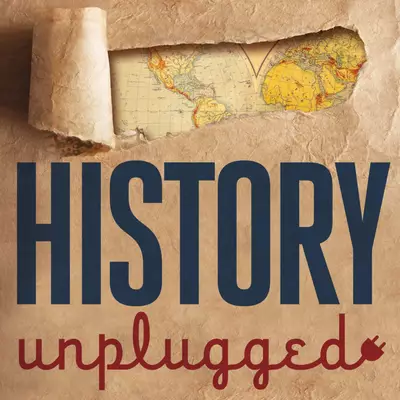The American Revolution Would Have Been Lost Without a Ragtag Fleet of Thousands of Privateers
Privateers were a cross between an enlisted sailor and an outright pirate. But they were crucial in winning the Revolutionary War. As John Lehman, former secretary of the navy under President Ronald Reagan, observed, “From the beginning of the American Revolution until the end of the War of 1812, America’s real naval advantage lay in its privateers. It has been said that the battles of the American Revolution were fought on land, and independence was won at sea. For this we have the enormous success of American privateers to thank even more than the Continental Navy.”
Yet even in the face of plenty of readily available evidence, the official canon of naval history in both Britain and the United States virtually ignores privateers.
Privateers were owners of privately owned vessels granted permission by the new government to seize British merchantmen and men of war – filled in the gaps. Nearly 2,000 of these private ships set sail over the course of the war, with tens of thousands of Americans capturing more than 1,800 British ships. A truly ragtag fleet ranging from twenty-five-foot-long whaleboats to full-rigged ships more than 100 ft long, privateersmen were not just pirates after a good loot – as too often assumed – but were, instead, crucial instruments in the war. They diverted critical British resources to protecting their shipping, played a key role in bringing France in as an ally, replenished much-needed supplies back home, and bolstered morale.
Today’s guest is Eric Jay Dolin, author of “Rebels at Sea: Privateering in the American Revolution.” The story of the founding of the U.S. Navy during the Revolution has been told many times – yet often missing from maritime histories of the period is the ragtag fleet of private vessels that were, in fact, critical to American victory.
Privateering provided a source of strength that helped the rebels persevere. Although privateering was not the single, decisive factor in beating the
British—there was no one cause—it was extremely important nonetheless.
See omnystudio.com/listener for privacy information.

